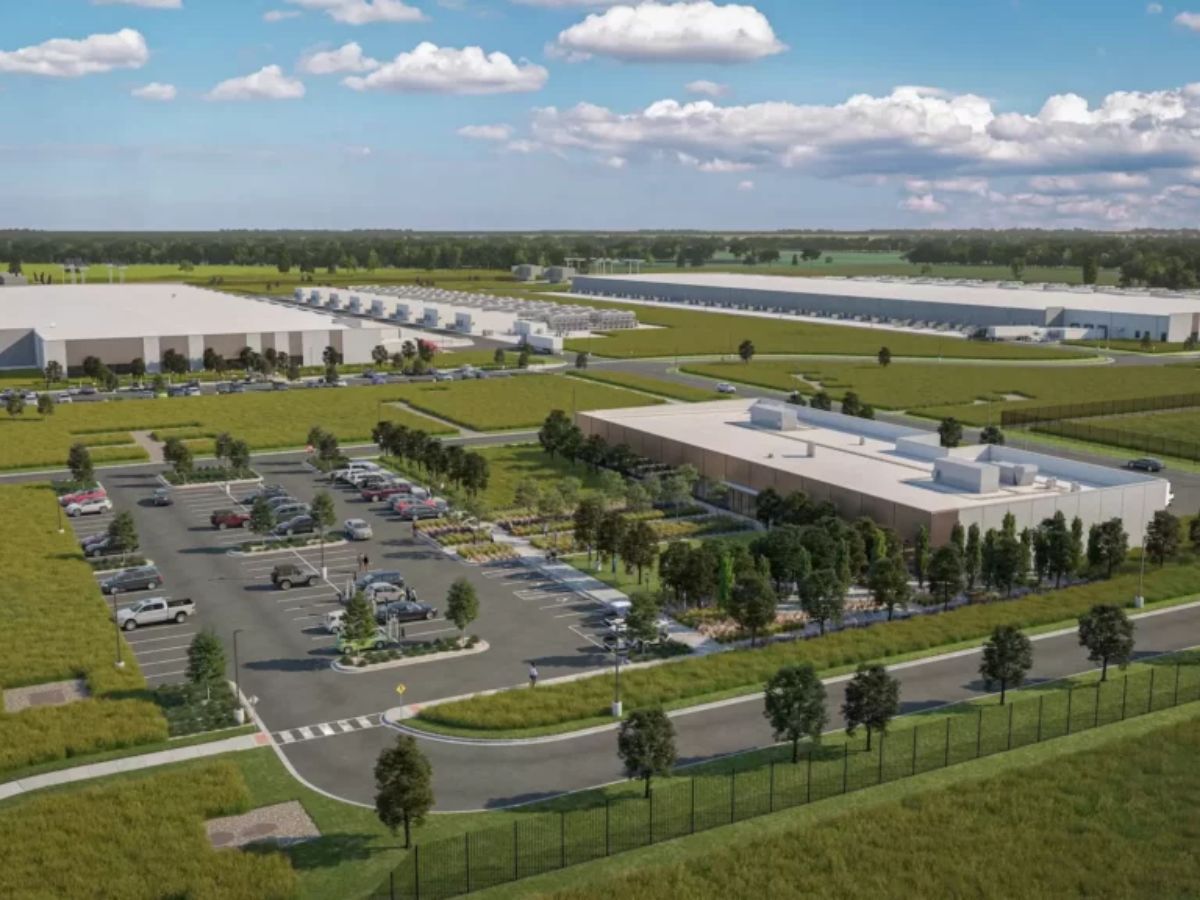Would you believe if I tell you an AI data center is leading to serious water crisis in a small county in US. Yes, it is true. Meta’s $750 million data center project in Mansfield, Georgia, is facing criticism from local residents who say the construction of such AI data centres in the region has led to serious water-related issues. Residents say heir private well has gone dry, and sediment buildup has damaged home appliances.
A family hass already spent $5,000 dealing with the fallout and says they can’t afford to drill a new well.
“We just don’t have the money to replace it,” a local told BBC.
Also Read: Did Microsoft Know of SharePoint Server Exploit? Here’s What A Report Claims
Their case is not isolated, and county officials warn that the broader community could soon face water shortages and rising municipal water bills as more private wells are impacted.
What is Meta Saying on Data Center Led Water Crisis?
Meta has saud that its data center construction in the region has not ffaected the the local water supply. The company says it commissioned an independent groundwater study to confirm the claims made by the locals. However, its study which concluded there was no direct connection between the construction and the water issues reported by residents.
Still, the locals remain unconvinced saying the noise, sediment runoff, and now the water crisis are signs of deteriorating neighborhood conditions.
Data Centers Impact Local Climate In Georgia
Georgia’s humid climate and abundant water sources make it an appealing location for data center developers. But the rapid expansion of these facilities is raising environmental and social concerns in small-town communities. Residents have voiced complaints about construction noise, heavy water usage, and runoff, which they say are beginning to outweigh the perceived benefits.
Meta’s project in Georgia is part of a much larger trend. Tech giants, including Google and OpenAI, are racing to expand their data center infrastructure to support artificial intelligence operations. Meta’s Hyperion data center, for example, is designed to deliver five gigawatts of computational power, enough to support AI capabilities on a massive scale and rival competitors in the growing AI sector.
But powering this infrastructure comes at a steep environmental price. Keeping servers cool requires massive water resources. A recent study estimated that AI-focused data centers could consume up to 1.7 trillion gallons of water globally by 2027.
Tech Firms Begin Implementing Water Conservation Strategies
Tech ompanies like Meta have begun implementing water conservation strategies to manage the environmental impact of AI data center. These initiatives include using harvested rainwater and repurposed wastewater for cooling the large servers. While these steps are promising in dealing with the grwoing pronlem, experts and environmental advocates say they are not enough to challenge the increasing strain on local water systems like that of Georgia.
Also Read: What Terrifies Sam Altman? OpenAI CEO Warns of AI’s Economic and Societal Impacts






